The beginning of a new era, as of Wednesday October 17th, recreational cannabis has become legal across Canada. The Cannabis Act can be found on the Government of Canada website and provides a full account of this new legislation including various attributes of this forthcoming legalization such as the promotion, packaging and labelling and ticket-able offences associated with cannabis and its derivatives. Despite the full-scale federal legalization of cannabis, not everything is legal. The thought of a widescale free-for-all with cannabis seems to be a shared concept among many Canadians based on some of their actions however, this couldn’t be further from the truth. As with any new rule or regulation is important to closely assess all aspects before jumping to conclusions. With a fast-tracked decision like the legalization of cannabis, there remains many aspects unknown, only time will tell as we make our way through the smoke to a clearer tomorrow.
Are the Rules and Regulations the same across all provinces?
Despite the widespread legalization of this once illegal substance, each province and territory has some say in terms of how they choose to regulate things. The legal age of purchase and use is one key difference. In general, the legal age of purchase and use tends to fall at 18 or 19 years old. Additionally, the price per gram will also vary between provinces. A key factor in the decision making of Canadians, the price is an integral piece of the legalization puzzle. Should legal recreational cannabis come in at a higher cost than so-called ‘illicit’ cannabis, it may encourage Canadians to continue to purchase black market alternatives. Cannabis produced and sold by individuals without proper licence are susceptible to both fines and imprisonment.
Some loopholes in new-found legality
Despite this new found leniency on this once offensive substance, there still remains several actions that can result in fines and imprisonment. Canadians will have the privilege of growing their own marijuana plants in their residences. However, they will not be able to sell any from their personal ‘crop’. If caught selling cannabis without the required licencing an individual can face not only fines but also possible jail time. This punishment aligns with similar punishable offences such as possessing illicit cannabis. Illicit cannabis is described under the provisions as cannabis obtained from someone who is legally not permitted to sell cannabis as outlined in the act. Some other activities still deemed illegal include mailing of cannabis, possessing a flowering plant in public, driving while under the influence of cannabis and distribution of recreational cannabis to a minor (individual under 18). Only time will tell as this new law makes its presence known if adjustments will need to be made to current legislation.
How does this affect other cannabis related products?
Despite the legalization of recreational cannabis, one derivative is seeing a stronger precautionary approach by Health Canada. THC (tetrahydrocannabinol) the main psychoactive in cannabis is seen to walk free into the light of legalization without harm while its partner in crime CBD (cannabidiol) is struggling to make it past the prison gates. The two compounds have both similarities and differences and thus are often regarded differently by society. Molecularly they differ solely in the arrangement of their atoms. Despite this very small difference, it results in CBD being a non-psychoactive and does not produce the same euphoric high produced by THC that’s often chased by cannabis users. A close companion to THC, CBD is regarded as the lesser of two evils so it comes to much surprise that Health Canada has chosen to add it to the prescription drug list. Stricter regulation is set to surround CBD requiring many of the hurdles associated with drugs such as a DIN (drug identification number) and fees. Surprisingly it was not added as a natural health product; this lies in the apparent lack of evidence regarding the safety and efficacy of CBD. Additionally, many of the conditions associated with CBD treatment are not allowable claims for an NHP. Some of the disorders often associated with CBD as a form of a treatment method include anxiety, depression and seizures would present a challenge as they are diseases that require close monitoring by a health practitioner and thus fall out of the NHP classification.
What Does this say for the future?
Only time will tell what the impact of widespread legalization will have in the lives of Canadians. Surrounding many parts of the regulations outlined in the act are clouds of uncertainty. As for the regulation of CBD, more testing and evidence would have to be gathered for Health Canada to make an amendment and remove it from the prescription drug list.
For more information, please contact Focal Point Research Inc. We are leading North American Regulatory and New Product Consultants for Medical Devices, Natural Health Products, OTC Drugs, Cosmetics, and other consumer products regulated by Health Canada and the U.S. FDA.

Recent Comments